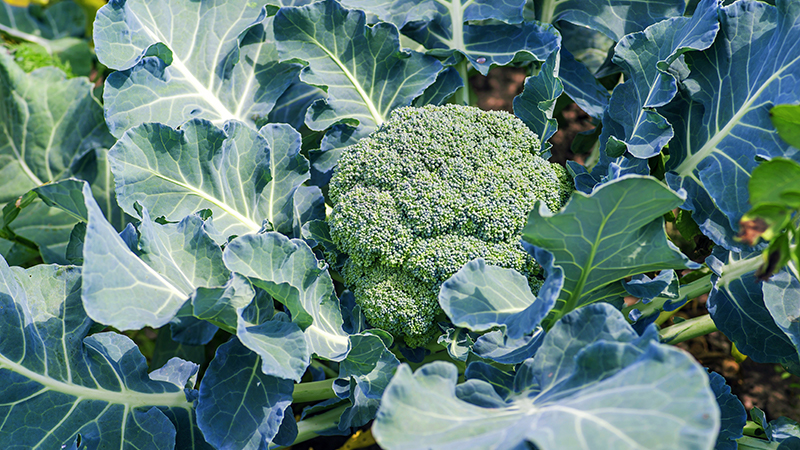Extending Praise to the Extenders of Apple Freshness
While celebrating in the August issue of American Fruit Grower the careers of four extraordinary apple growers, we would like to honor a pair of industry innovators who have given the most ordinary of growers the power to work magic. Horticulturist Sylvia Blankenship and biochemist Edward Sisler identified 1-methylcyclopropene (1-MCP), the novel compound that significantly extends the freshness and storage life of fruits, vegetables, and cut floral products by mitigating the effects of ethylene.
Best known for its use with apple crops under the trade name SmartFresh, 1-MCP contributes to large reductions in food waste and year-round access to fresh fruit.
For their efforts, Blankenship and Sisler, who died in 2016, were inducted into the National Inventors Hall of Fame (NIHF) on May 5.
Significant Returns
Sisler, a biochemist at North Carolina State University (NCSU), had been studying the various aspects of ethylene physiology and biochemistry for years before collaborating with Blankenship in the 1980s. Together they searched for compounds that could inhibit the production of ethylene, which promotes plant development, ripening, and decay.
1-MCP was patented in 1996. AgroFresh was established as a company to develop the compound as SmartFresh, which, in 2002, received EPA approval for use in the U.S.
In the history of NCSU, 1-MCP has provided the highest royalty revenues; as of 2016, SmartFresh licensing fees had topped $25 million. SmartFresh is used in 45 countries and on up to 70% of apples harvested in the U.S. Other AgroFresh products, including EthylBloc, RipeLock, Harvista, and LandSpring, are licensed in more than 70 countries.
Joint Effort
Blankenship started working with apple growers in 1983, when she began her career at NCSU. Her connection with those growers gave her insight into their business needs, such as delivering quality produce to buyers and the negative consequences of failing to do so, according to the NIHF.
“With produce, it’s so different than other products because it’s so perishable,” she told NIHF. “I knew that they were getting some loads turned down because the apples were too mature. The apples would get to these buyers, and they would start to be looking soft. They just weren’t firm enough. It was a problem for apple growers, and not just in North Carolina. It was true in other places as well.”
Blankenship wound up meeting Sisler, who she describes as one of the smartest people she has ever met, by visiting his lab and observing a technique he was working on related to ethylene. Today she believes taking this kind of initiative is an important step for young scientists.
“If somebody else is working on the same thing or has a little bit different expertise, you need to figure out what they’re doing and learn how can you benefit each other,” she says.
Four decades after their collaboration, few are benefiting from their discovery as much as apple growers across the world.










